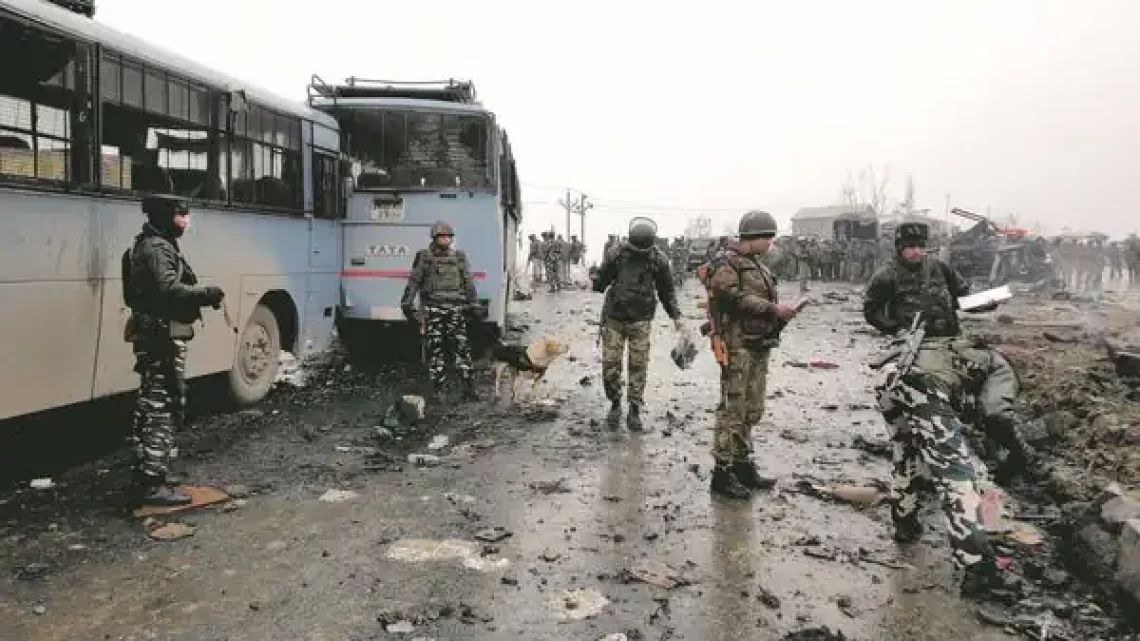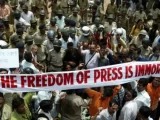
Indian Ex-Officials and Leaders Affirm that the Pulwama Attack Was a Deceptive Operation
February 15, 2024The Modi government commemorated the fifth anniversary of the Pulwama attack on February 14, 2019, which claimed the lives of 40 Indian Central Reserve Police Force personnel. However, instead of solely reflecting on the tragic incident, the government’s observance has sparked renewed controversy and calls for a deeper investigation into the event.
Former Governor of the Indian illegally occupied Jammu and Kashmir (IIOJK), Satya Pal Malik, has emerged as a prominent voice calling for a Supreme Court-monitored investigation into the Pulwama attack. Malik has pointed out glaring inconsistencies and lapses in security measures surrounding the incident. Notably, he highlighted the Central Reserve Police Force’s request for aircraft due to the unusual convoy size, which was denied by the Union home ministry. This denial raises questions about potential negligence or intentional oversight, adding to the urgency for a transparent inquiry to unveil the truth behind the attack.
Supporting Malik’s claims are leaked messages from Indian journalist Arnab Goswami, known for his affiliations with the BJP and RSS. The messages suggest the involvement of Prime Minister Narendra Modi and key institutions in orchestrating the Pulwama incident. The coordinated effort indicated in the leaked messages implies a manipulation of public sentiment to influence electoral outcomes. This revelation adds a new layer of complexity to the Pulwama attack, linking it to broader political agendas.
Furthermore, political figures from various Indian parties have cast doubt on the authenticity of the Pulwama attack. Congress leader Udit Raj has accused Prime Minister Modi of planning the attack as a strategic move to consolidate political power ahead of parliamentary elections. National Conference leader Sheikh Mustafa Kamal has echoed these concerns, calling for an inquiry not only into the Pulwama attack but also the 2016 Uri attack, alleging government orchestration in both incidents.
The Pulwama attack, initially perceived as a tragic act of terrorism, is now under scrutiny as evidence and testimonies emerge, suggesting a potential false flag operation orchestrated by elements within the Indian government. The call for a Supreme Court-monitored investigation gains significance as it represents a demand for accountability and transparency in revealing the truth behind a critical event that has had far-reaching consequences. As the Modi government faces these allegations, the Pulwama attack anniversary serves as a reminder that questions persist, demanding answers and a thorough examination of the circumstances surrounding the tragic incident.

